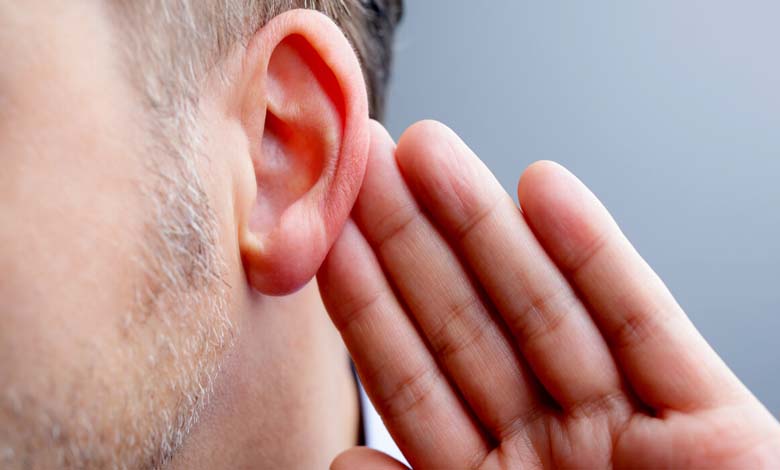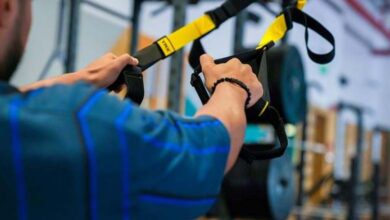Hearing Loss: A Hidden Risk Factor for Heart Failure

The Unexpected Link Between Ears and Heart
Hearing is often viewed as a standalone function—essential for communication and sound perception. But emerging research suggests a much deeper connection between hearing loss and cardiovascular health, particularly an increased risk of heart failure.
Hearing Loss: A Warning Sign
Studies from the U.S., Japan, and Europe have shown that people with hearing impairments are more likely to develop heart conditions, especially chronic heart failure.
One major study published in JAMA Otolaryngology – Head & Neck Surgery found that adults with untreated hearing loss have a significantly higher risk of congestive heart failure than those with normal hearing. This elevated risk remains even after adjusting for factors like age, smoking, and hypertension.
How Does Hearing Affect the Heart?
Several physiological mechanisms may explain this relationship:
- Compromised blood flow: The inner ear is highly sensitive to changes in blood circulation. Poor blood supply may impact both auditory function and heart performance.
- Chronic inflammation: Hearing loss may signal a low-grade inflammatory process, a key player in the development of cardiovascular disease.
- Social isolation and stress: People with hearing difficulties are more prone to depression, loneliness, and chronic stress—all of which are known risk factors for heart conditions.
A Double Burden in Older Adults
Elderly people face a dual challenge: age-related hearing loss (presbycusis) and a growing prevalence of heart failure, especially after age 60. Unfortunately, hearing loss is often dismissed as a benign aspect of aging, when in fact, it may be an important cardiovascular risk marker.
-
“The Hidden Dangers of Daily Music Listening: How it Can Negatively Impact Your Ears”
-
6 Essential Genetic Tests for Women’s Health
Too Little, Too Late: The Diagnostic Gap
Hearing loss typically progresses slowly and silently, and many individuals don’t realize its impact until it becomes disabling. This delay in diagnosis not only postpones hearing aid use, but may also prevent timely cardiac monitoring in at-risk individuals.
Prevention: Listening to Your Heart Through Your Ears
Prevention is essential. Geriatric and cardiology experts increasingly recommend that hearing tests be included in routine health screenings—especially for older adults.
Wearing hearing aids may not only restore hearing but also reduce cardiovascular risks by promoting social interaction, lowering stress, and stimulating cognitive function.












